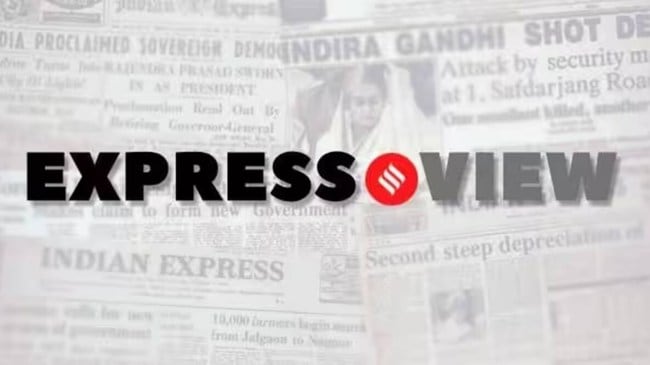Opinion A widening war in the Middle East
The current round of bloodletting without pause is exposing the frailties of every player
 The history of warfare tells us that large-scale violence produces systemic changes and rearranges equations within a society and among states.
The history of warfare tells us that large-scale violence produces systemic changes and rearranges equations within a society and among states. The back to back assassinations of three top leaders of Iran’s proxy forces in the Middle East — two of Hamas and one of Hezbollah — are pushing the Middle East into a wider war. As Tehran promises to retaliate against Israel, the US is moving additional military forces into the region. Oil prices are beginning to rise amid expectations of an imminent military conflict. More than nine months after a Hamas terror attack on Israel, and Tel Aviv’s continuing campaign of retribution that has killed thousands in Gaza, there is no sign of a pause, let alone an end to the current round of blood-letting in the Middle East. Iran-backed rebels have reportedly attacked a US base in Iraq and American forces are bracing for more such attacks. What stands out for observers of the volatile region is the lack of any major political outcomes from renewed conflict.
The history of warfare tells us that large-scale violence produces systemic changes and rearranges equations within a society and among states. But the latest round of war has not produced any structural changes in the Middle East. Israel’s campaign to eliminate Hamas in Gaza has been violent; its assassinations in hostile countries have been spectacular. But few in Israel, let alone in the world, are suggesting that Tel Aviv is anywhere near achieving its political objectives. Israel is paying a high domestic price for the hostilities. Nearly 60 per cent of families in Israel have a member serving in the war. This social burden of massive war mobilisation in a small country is compounded by the fact that nearly one out of five families in the country has had to relocate amid the threats to its borders. The war and the leadership of Prime Minister Benjamin Netanyahu have deeply divided society. The US has squandered much political reputation in spending unprecedented military and diplomatic capital in protecting Israel. But Washington has little leverage in persuading Netanyahu to accept a ceasefire, let alone a peace settlement.
The same is true for Iran. On the face of it, Iran’s success in putting Israel, once seen as invincible, on the defensive, has been impressive. Its successful nurturing of Hamas, Hezbollah and Houthis to pursue a relentless war against Israel is likely to go down as one of the notable possibilities of hybrid warfare. Yet Iran’s war has also exposed Tehran’s profound domestic vulnerabilities. That Iran could not protect the leader of Hamas, Ismail Haniyeh, who was visiting as a state guest, points to the deep Israeli penetration of Iranian security structures. Iran’s regional bravado stands in contrast to the crisis of credibility at home amidst continuing anti-regime protests on issues ranging from economic problems to women’s rights. For all of Iran’s anti-Zionist posturing and calls for Islamic solidarity, few Arab regimes view it in a positive light. Some Arabs see Iranian proxies — Hamas, Hezbollah, Houthis — as a bigger existential threat than Israel. Clausewitz said war is an extension of politics. But in the Middle East, the billowing violence has severed all connection, if it had any, to political objectives and policy aims.



